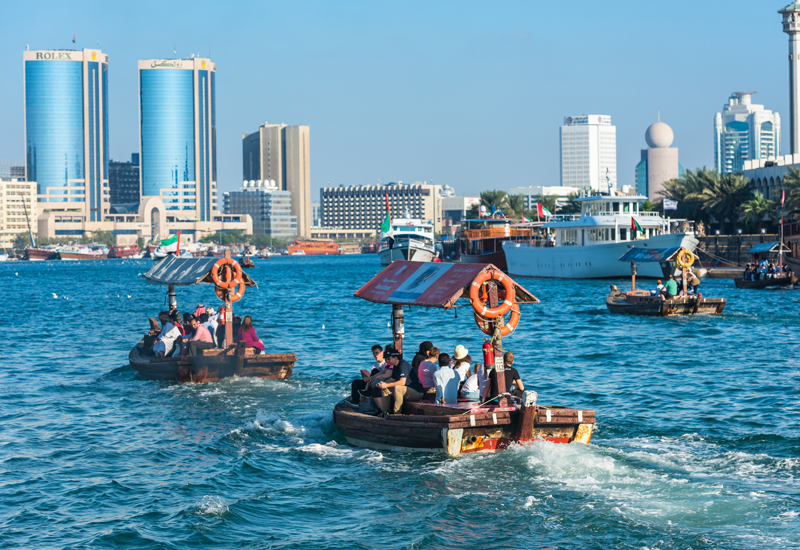Niche and boutique
Many hotels are adapting towards niche boutique offerings, or individualised experiences for guests. Visitors are seeking out properties that have a unique story, that capture the authentic essence of a destination, and are off the beaten path. A good example of this in the MENA region is the Dar Ahlam hotel in Morocco, part of SLH, where the ethos is based around creating individualised experiences for guests: special moments and imaginative events rooted in heritage, culture or gastronomy.
Technology can help too. The Shangri-La sister brand Hotel Jen recently launched an interactive “Night Light” map feature which goes live each evening just after sunset across all Hotel Jen websites, providing insider recommendations on the latest and most interesting after-dark events and experiences in each city where Hotel Jen is present. Activities range from salsa dance and yoga lessons in Singapore, to night-time walks up Hong Kong’s Victoria Peak, to a sunrise workout with a certified fitness trainer in Brisbane. The concept was developed to respond to guests’ desire to uncover alternative, authentic experiences and get off the tourism trail. These visitors want to experience a city ‘like the locals do’. They also want to be guided by people who will give them a balanced glimpse into the “real life” of the destination.
Ahmed has extensive experience of this type of traveller in her work organising Frying Pan tours in Dubai. “They are intellectually curious and seek to dive deep into the history, culture and politics of a place,” she says. “It will be necessary to move past the realm of malls and touristy activities to giving them more personalised experiences that are grounded in the local, authentic context.”
An experiential future
The future of experiential tourism in the region looks bright. “The Middle East has an abundance of authentic local experiences to offer,” says Press, “from overnight stays in a stone house in remote Omani villages to Old Dubai walking tours that search out the best street food.”
He continues: “We want to create awareness of how to convert concepts into viable commercial realities, to broaden the appeal of Middle East destinations, increase their visitor numbers and revenues, which can support sustainable economic development.”
A recent report by PricewaterhouseCoopers suggested that the leisure and entertainment market potential in the UAE could double to 45 million visitors by 2021, with 18 million theme park visits, due to the region’s investment in infrastructure, hotel rooms and leisure destinations. Dubai Parks and Resorts has already broken ground on its fourth theme park, Six Flags Dubai, which will be the first Six Flags theme park in the region.
“There are three billion people that live within a four-hour flight of the UAE, and there is a significant gap in this market for a world-class family leisure and entertainment destination,” says Dubai Parks and Resort’s Shah. “Experiences matter in every commercial market. People remember the experience they have with a product more than they remember the product itself. Experiential tourism creates a much deeper, longer-lasting impression, which then builds attachment and brand loyalty. By investing in the experiences our visitors receive, the region in turn will reap the economic benefits of an increased number of returning visitors and new tourists coming into the market.”
The modern visitor to the MENA is looking to make authentic connections, whether intellectual, physical, emotional or spiritual. The tourist industry here offers just such an opportunity, connecting people with the people, places and culture at the heart of the Middle East.
“We recognise that sense of place matters to our guests,” says Boyen, “whether driven by a sense of pride, authenticity, convenience or eco concerns, and that they want to embrace the locale and immerse themselves in the culture of a place. This to them is ‘real’ luxury.”

| Advertisement |





